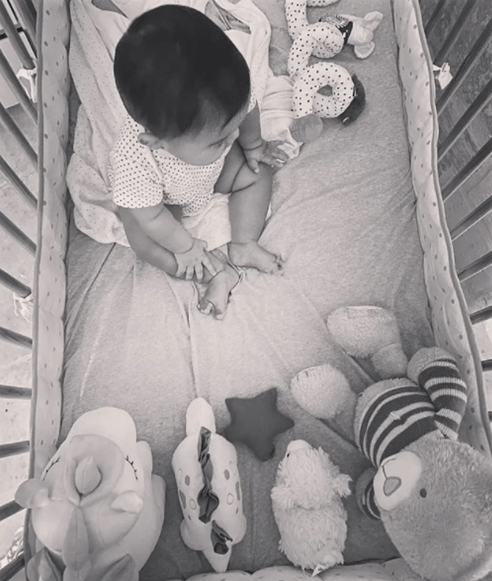Becoming a parent is an exciting and challenging period of time that requires the development of a particular set of skills. Things like; bathing, feeding, and settling of infants can be difficult for new parents. However, most are able to access training during pregnancy and are supported by services after birth. A recent Australian research study related to infant feeding in the out-of-home context identified a large proportion of foster/kinship carers do not have biological children of their own. As such, it is highly likely these carers have no training or experience related to basic infant care. Research is currently underway to determine if this is, in fact, the case.
Providing training to foster/kinship carers

Private agencies and government departments
in many countries around the world are required
to provide training to foster/kinship carers to
support them in their caregiving role. More often
than not, however, this training is largely related
to issues specific to the out-of-home care system
rather than basic caregiving skills. For example,
many infants, children, and young people who reside
in out-of-home care have experienced an early life
trauma, therefore foster/kinship carers are provided
trauma-related training. This training is provided to
assist foster/kinship carers to understand and manage
the complex behavioural symptoms of trauma that
children may exhibit/experience. Such training is
designed with the assumption that foster/kinship
carers have a basic understanding and ability to
manage typical childhood behaviour. This assumption
has the potential to cause inadvertent harm or neglect
to children in care.
Similarly, another recent Australian study investigated foster/kinship carers’ experiences of managing children’s oral health. Foster/kinship carers reported receiving no information or training related to the oral health of children and also reported receiving no information regarding children’s oral health status when they were placed into care. As a result, many carers were not aware of oral health issues until the children were experiencing discomfort and requiring dental treatment.
Nurses as typically providing basic care-giving support services when babies are born
In most Western countries, new parents are provided supportive services often led by specialist nurses. Such services focus on the child’s healthy development by promoting positive parenting practices, facilitating parent-child attachment and providing instruction on basic care-giving (eg. sleeping, feeding, settling techniques). These services are generally available to all biologically conceived families with referral occurring during pregnancy or at the time of the child’s birth.
But what happens when you become a parent outside of the medical system and instead, through foster/kinship care or adoption?
However, these services are not routinely provided to socially/legally constructed families, such as foster/kinship care and adoptive families. As such, infants and young children residing in socially constructed families miss out on the essential support for improved child and family outcomes that can be provided by nurses. This is particularly problematic for children in foster/kinship and adoptive families as they often have adverse childhood experiences and are therefore in need of supportive ‘parenting.’
Presently, researchers at Western Sydney University are working to provide equitable supports for foster/kinship carers and adoptive parents in order to achieve the best possible outcomes for their children. Once funding is secured, the study will take place in multiple sites in both the United Kingdom and Australia. Any questions about the study can be directed to s.blythe@westernsydney.edu.au
Dr. Stacy Blythe, IFCO Board Member/ Western Sydney University Senior Research Fellow/ Foster Carer, Australia
